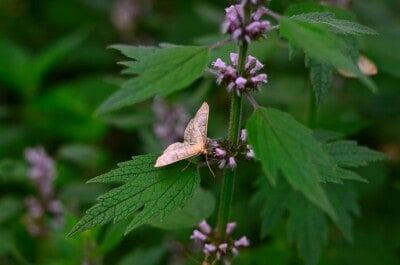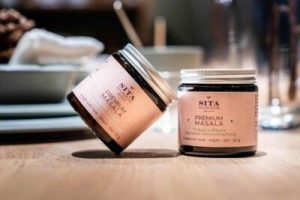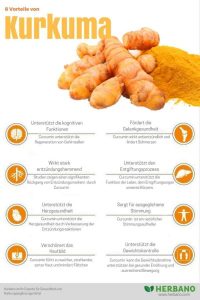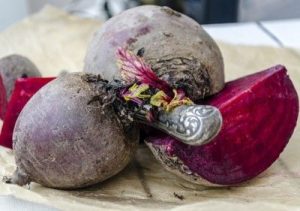Heart plantain – information, applications in folk medicine

Genuine heart plant in folk medicine
Heart plant (also known as lion’s tail or heart tension herb) used to be a permanent fixture of a farmer’s garden and herb garden. Unfortunately, the beautiful perennial has been somewhat forgotten.
The distribution area of heartwort extends from central Europe to central Asia. It is found near settlements in the area of walls and bushes. In the past, the heartpannse belonged in every well-stocked farmer’s garden.
Heartwort can grow almost anywhere, but it loves loose-humus, loamy-loamy and nitrogen-rich soils in full sun. The true cordial is a perennial herbaceous perennial, is considered to be very robust and is absolutely hardy.
The medicinal plant belongs to the labiates family and its Latin name is Leonurus cardiaca. It has a calming and decongestant effect and is therefore used as a remedy for nervousness or also for heart problems.
Heart plant in folk medicine
In folk medicine, heartwort is used for migraine, anxiety and fear, hysteria and for menopausal complaints.
It is well suited for the treatment of nervous heart complaints, which are mainly manifested by palpitations.
Therefore, heartpannse is recommended as a medicinal plant especially for people who suffer from nervous heart complaints.
In this context, it can also be used to support hyperthyroidism, as nervous complaints and increased heart rate can often occur in this disease.
Heart plantain and its ingredients
Constituents of the true heartwort are essentially iridoid glycosides (such as ajugol, ajugoside, galiridoside) and flavonoids (rutoside, quercitrin, hyperoside).
It also contains bitter substances of diterpene type (labdane diterpenes and diterpene lactones (leocardin)), betaine (stachydrine) and caffeic acid compounds (caffeic acid rutinoside), as well as small amounts of essential oil.
Leonurine, choline and ursolic acid have also been found.
Plant parts and ingredients used:
The above-ground parts of the plant collected at the time of flowering are used. The drug consists of stem parts, leaves and flowers, occasionally small fruits are also found. Heartwort contains diterpene bitter compounds, iridoids, flavonoids, caffeic acid derivatives and phenylethanoids.
Possible applications
Heart plantain can support inner peace and relaxation. It acts on the part of the autonomic nervous system called the “resting nerve” (parasympathetic nervous system).
Properties: In case of palpitations, hypertension, anxiety and restless heart it has antihypertensive effect and slows down the heart rate.
It can be taken as a tea, as well as in the form of drops.
Contraindications or side effects are not known according to Commission E (BGA/BfArM). The effect on the mentioned heart diseases is confirmed.
To note:
The use of cordial during pregnancy is not recommended because the uterus is stimulated to contractions.
There are no studies on the safety of the use of cardiac herb during breastfeeding.
For an application with children and young people the realizations are not sufficient yet; an application is not recommended therefore.




